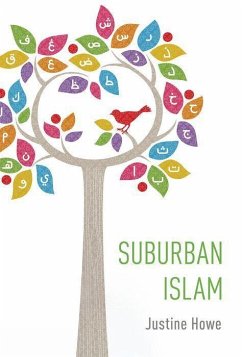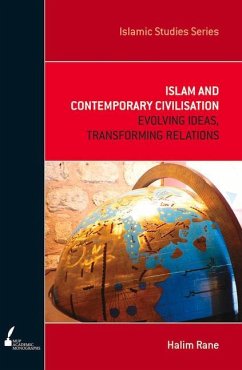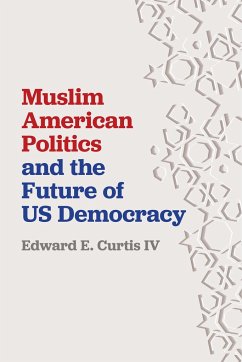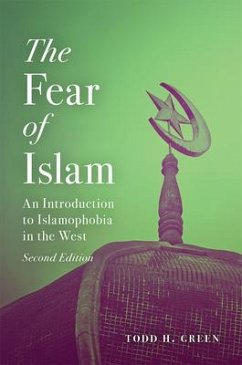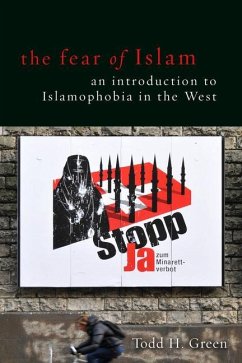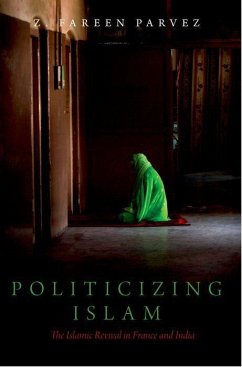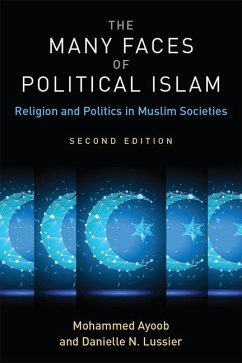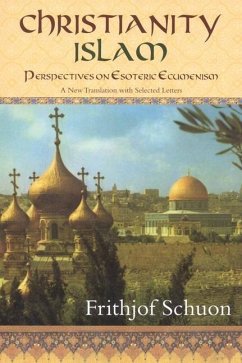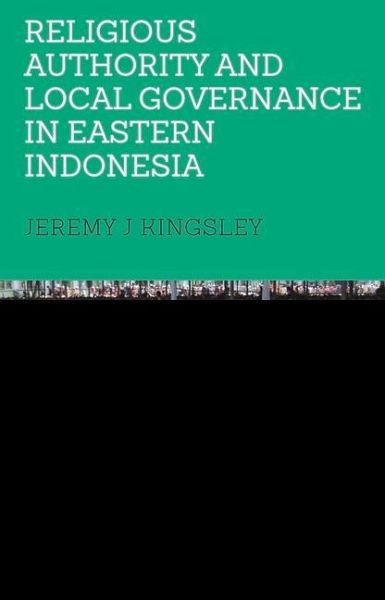
ISS 25 Religious Authority and Local Governance in Eastern Indonesia
Versandkostenfrei!
Versandfertig in über 4 Wochen
32,99 €
inkl. MwSt.
Weitere Ausgaben:

PAYBACK Punkte
16 °P sammeln!
Religion plays a key role in everyday affairs in Indonesia—including governance at the local, regional and national level. This book investigates local governance landscape of the world's largest Muslim majority state, Indonesia, and its local governance landscape by providing a detailed account of local communities and religious authority on the eastern Indonesian island of Lombok—one of the nation's most pious areas. In particular, this book considers the interaction of state and non-state actors and institutions and how these institutions are interwoven into a fabric of governance. Thro...
Religion plays a key role in everyday affairs in Indonesia—including governance at the local, regional and national level. This book investigates local governance landscape of the world's largest Muslim majority state, Indonesia, and its local governance landscape by providing a detailed account of local communities and religious authority on the eastern Indonesian island of Lombok—one of the nation's most pious areas. In particular, this book considers the interaction of state and non-state actors and institutions and how these institutions are interwoven into a fabric of governance. Through an ethnographic case study of a an Islamic boarding school, Darul Falah, and the community committed to it, this book trains its focus upon local Muslim religious leaders (Tuan Guru) who are central to local governance. Drawing upon the notion of the fabric of governance, this book shows how governance is woven from multiple strands which are made up of a combination of institutions, rules and actors to be interpreted within dynamic social, legal and political processes. In doing so, this book employs a new means to theorise governance frameworks and understand how religion and governance are tightly intertwined. Religious Authority and Local Governance in Eastern Indonesia seeks to re-orient discussions of Indonesian political and legal affairs from the ground up and use local governance as a means to speak to larger social, legal and political issues.





